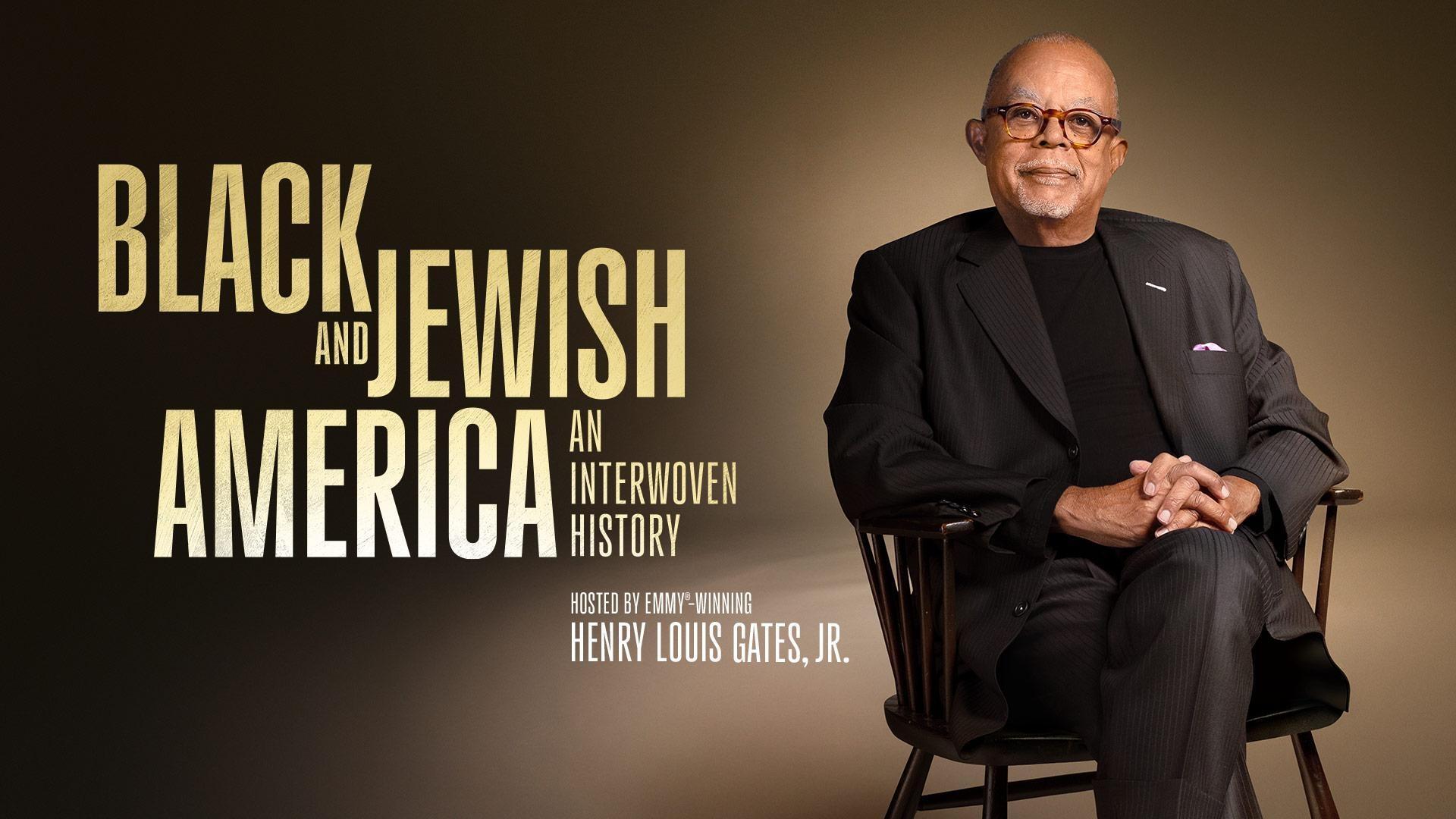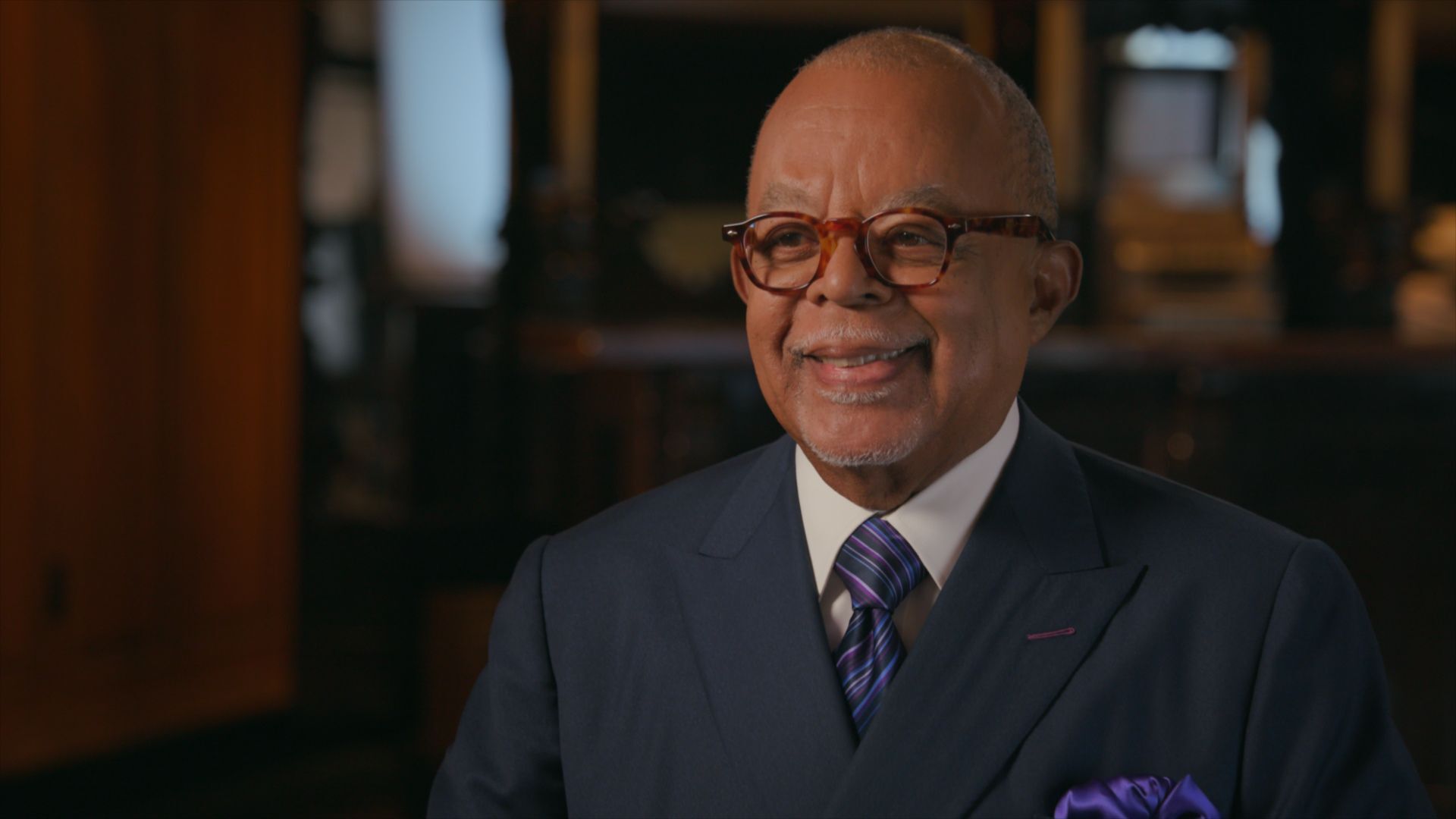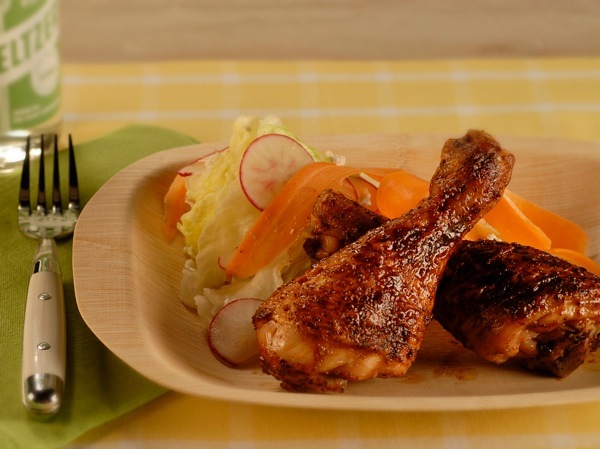The Meaning and History of Juneteenth Foods
How do you celebrate Juneteenth in your community? This is a holiday that celebrates freedom and acknowledges the history of Black Americans in the United States. Specifically, it notes June 19th, 1865, the day that news of the Emancipation Proclamation reached enslaved people in Galveston, Texas, the western-most region of the United States at the time. They found out nearly three years after the proclamation was issued.
Whether you are hosting or attending a Juneteenth celebration this year, the food served will be important. Here are some recipes to put on your Juneteenth menu and, obviously, we have some shows that explore the meaning behind popular Juneteenth foods.

Why are red foods eaten on Juneteenth?
There are a few things you’ll reliably find at Juneteenth celebrations and they’re usually red foods. According to food historian Michael Twitty, the tradition of eating red foods likely came from the enslaved Yoruba and Kongo people brought to Texas in the 19th century. The color red can represent power, sacrifice, and transformation in both of those cultures.
It also helps that many red foods are available around mid-June. Summer fruits like strawberries and watermelon, for example are in peak season during Juneteenth. Red drinks like hibiscus tea and strawberry sodas are customary at Juneteenth celebrations.
Other foods you’ll likely see red velvet cake and, of course, barbecue. Because we can’t forget that Juneteenth was a holiday in Texas first! Do you eat spicy hot links, usually made with beef that is dyed red, at your local Juneteenth parties? Because food historians like Adrian Miller credit African American cooks with creating hot links and expanding barbecue styles.
Recipes from PBS Food for Juneteenth
Here are a few recipes from PBS Food you can try for your next Juneteenth celebration. You can find these and more recipes in this collection of Juneteenth Food and Drink Recipes.
Support your local PBS station in our mission to inspire, enrich, and educate.

The best of PBS, straight to your inbox.
Be the first to know about what to watch, exclusive previews, and updates from PBS.
Spotlight on Black American cuisine
Watch shows about the history of Black American food and get to know a few Black culinary pioneers.
Starting with this great article about Edna Lewis, a revered chef who helped raise the profile and share the history of Black Southern cooking. It is and enlightening read from PBS Newshour's arts and culture site Canvas.
Houston: African American Foodways | The Migrant Kitchen
Soul food has long been a polarizing stereotype, limiting conversation about the resiliency of the Black identity. In Houston, Texas, chefs Chris Williams of the renowned Lucille’s and Jonny Rhodes of Indigo are on a mission to empower the Black community of Texas through entrepreneurialism, while fighting agricultural oppression and uplifting African American foodways.
Michael Twitty | The A List with Alison Lebovitz
From their 2019 interview:
Host Alison Lebovitz sits down with culinary historian and James Beard Award-winning author of "The Cooking Gene," Michael Twitty. Join us for a conversation about Southern food culture, identity cooking, and culinary justice.
Chef Jonathan "Jonny" Rhodes | No Passport Required
Chef Jonathan "Jonny" Rhodes discusses aking the reigns from African-American soul food pioneers and their industrious use of available ingredients. Chef Jonny demonstrates his creativity for Marcus Samuelsson, cooking a dry-aged heritage pheasant filled with jollof rice, and finishing with a dessert of emulsified candied yams, pecan butter, granola, and torched marshmallows.
More from the Black Culture Connection





